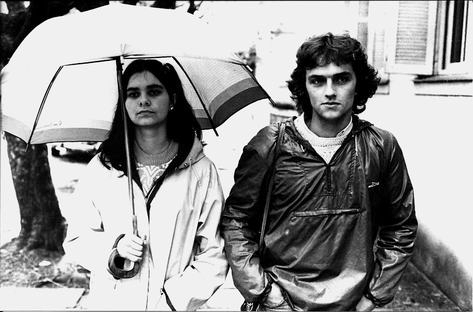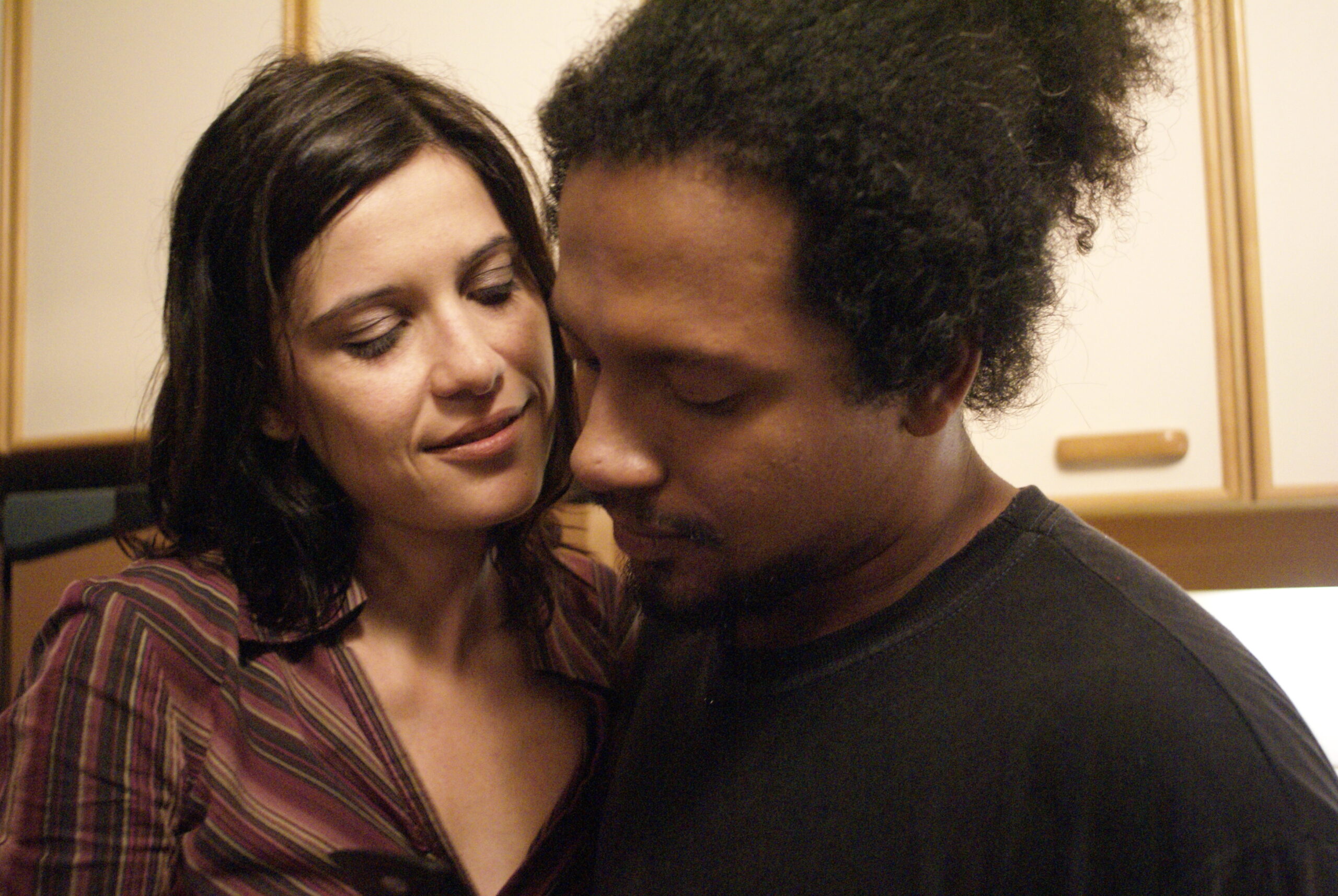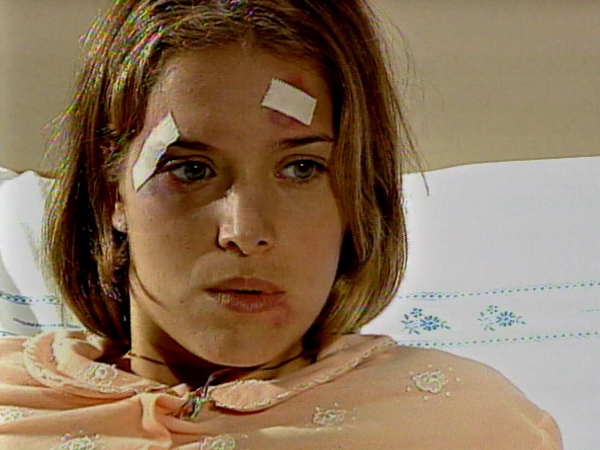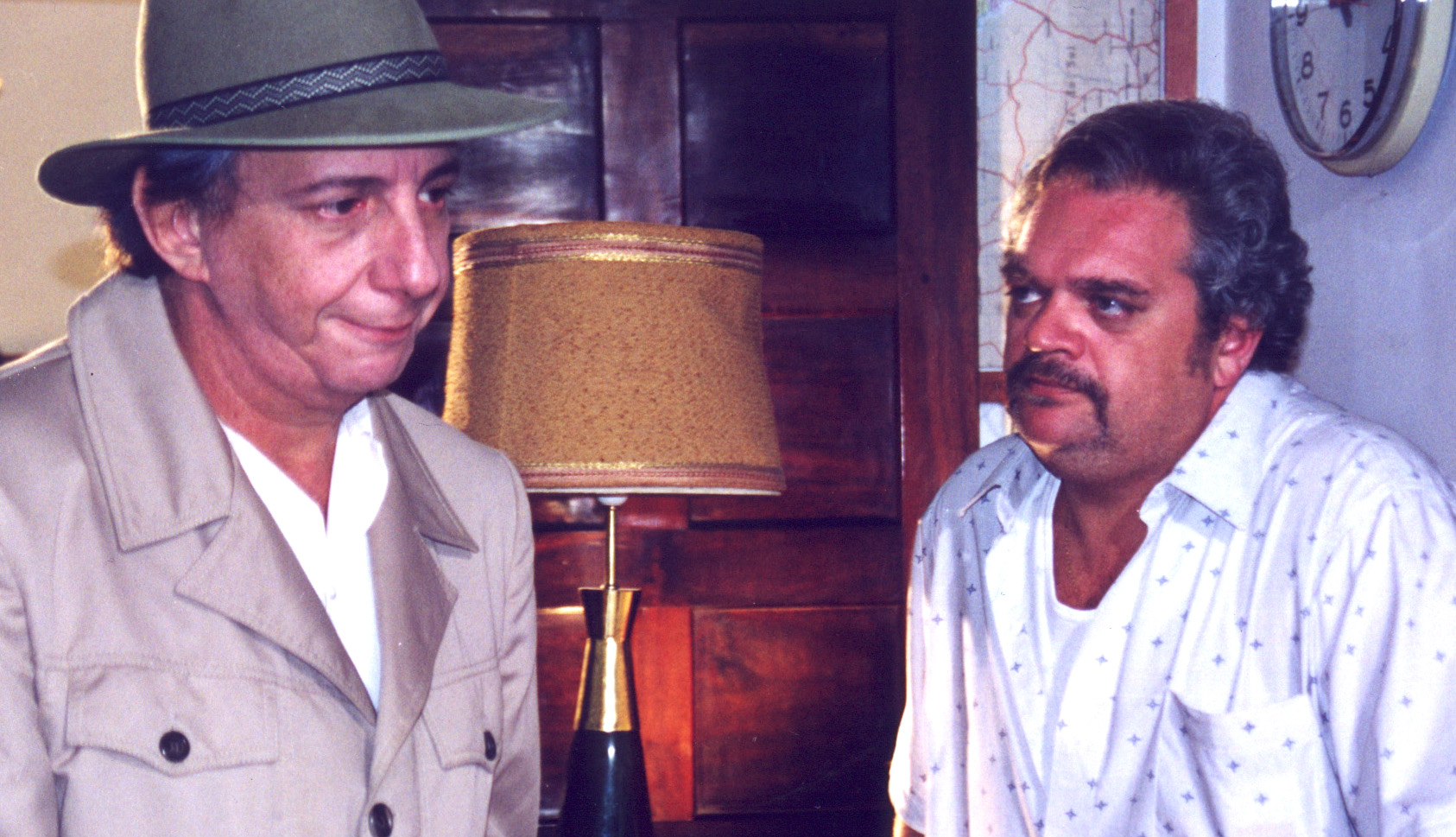

At age 24, our hero lives alone, studied journalism but works in a real estate business.
He looks like the shady city where he lives, with his discs and books, with the films he watch. But he has little in common with his girlfriend, his friends, his parents, his co-workers. He can’t and doesn’t strive to reconcile the different worlds through which he travels. But this situation can not last long, and he’ll be required to give an answer at the end of twelve days of cold in Porto Alegre.
“Gerbase’s style of directing is safe and creative. The film maintains a good narrative rhythm, and the changes between present, past and imagination break the possible linearity of the story, presented in the form of a diary. Werner Schünemann, in the role of the protagonist of Winter, has in his look the exact perplexity of the character, and LucieneAdami makes in a surprisingly good way the figure of Mariana, the girlfriend. (…) The script aligns a series of quotes to films, books, records and locations, which in the film have a greater function than the simple homage: they serve to define the world of the character and also certain preferences of the director.”
(Tuio Becker, FOLHA DA TARDE, 04/23/83)
“An essentially intimate work – which already constitutes a risky job, not only in terms of Super 8 but of Brazilian cinema –, Winter presents a dramatic structure capable of surprising the audience. (…) Gerbase makes the city of Porto Alegre his Manhattan, in a poetic chronicle that accompanies the feelings of the character. (…) The memory of happiness refers to another scenario (Montevideo), equally cold but close and at the same time distant (in scenes of rare sensitivity, in a beautiful communion between images and words).”
(Régis Müller, CORREIO DO POVO, 04/29/83)
“The cinema from Rio Grande do Sul has in Winter its better product. Combining an exemplary narrative fluidity with a perfect use of the resources of time and memory, Gerbase builds a film that knows how to speak to all audiences. The young journalist (…) is not a unique kind. He’s at the same time one of the survivors of the 1970s, a man who looks frightened at the lack of prospects of his time. (…) It’s not without reason that the group of friends lives divided between the nihilism of Milton (Marco Antônio Sorio) and the indecision of Lucia (Marta Biavaschi). Carlos Gerbase proves to be the most intellectual of the Gaucho filmmakers.”
(Júlio Ricardo da Rosa, ZERO HORA, 05/05/83)
“Winter is the chronicle, marked by a certain lyricism, of the inquiries and certainties (not so many) of a young journalist, a ‘lone wolf’ who enjoys among his albums, books and films the solitude of a Porto Alegre plunged into the colorless haze of its wintry, sunless days. Solitude built by the distance of his parents, by the sterility of his relationship with Mariana, and even by self-segregation in relation to his friends, whose speeches are reiterated monocordantly every night in a unproductive ritual. (…) Cheers for Roberto Henkin. Amazing the aesthetic result that he manages to extract from the Super-8 movie.”
(Ivo EgonStigger, FOLHA DA TARDE, 05/05/83)
“Carlinhos Gerbase’s first full-length feature is a landmark in many ways. It shows a secure narrator, able to face the dangers of the long duration without falling into monotony or dysrhythmia (ausual problem to young directors). It shows a professional technical aspect, despite the alleged precariousness inherent to the kind of film used. (…) For Gerbase, one more value: he was able to separate his authorial personality from the charismatic figure of Nelson Nadotti, with whom he was confused in previous works.”
(Luiz César Cozzatti, ZERO HORA, 05/08/83)

Sissi, a young woman whose father is a widower and unemployed, struggles to support her family and dreams of sharing an apartment with her boyfriend, a soccer player. Martina lives in a more stable financial situation, but struggles to be desired again by his husband, or by the first one that appears. Giane has changed […]

Cátia, a successful economist, needs to rethink her life when her boyfriend Veronese, a controversial filmmaker, suffers a heart attack, leaving behind a dark past, a photo shop, some short films and a lot of screenplays on his computer.

Episode from the series “Contos de Inverno/Winter Tales”, by RBS TV. It tells the story of an unemployed woman making a strange pact with her uncle to succeed in her professional life.

Episode of the series “Brava Gente”, produced by TV Globo. An indebted family tries to sell its decadent farm to a movie producer, who plans to film an adaptation of Monteiro Lobato’s “The Buyer of Farms” and needs a proper place to do it. Trying to deceive the producer, the family disguises the poor conditions […]